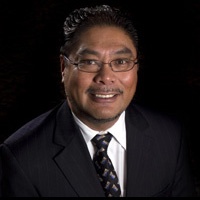Clackamas County, OR Misdemeanor Lawyers
Sponsored Law Firm
-
 x
x

Click For More Info:
-
Oliveros Law Group, P.C.
9200 S.E. Sunnybrook Boulevard Suite 335 Clackamas, OR 97015» view mapCriminal Defense, Divorce & Family Law 007 Law
At Oliveros Law Group P.C, our attorneys help clients understand their rights when they have been injured due to the deliberate or careless act of another person.
800-797-7891
Not enough matches for Clackamas Misdemeanor lawyer.
Below are all Clackamas Criminal lawyers.
Gregory P. Oliveros
✓ VERIFIEDDivorce & Family Law, Criminal, Accident & Injury
Gregory Paul Oliveros was born and raised in the Portland area. After graduating from the Oregon College of Education in 1973, he taught in the Portla... (more)
FREE CONSULTATION
CONTACTBrian Thomas Bradley
Litigation, Employee Rights, Criminal, Contract
Status: In Good Standing Licensed: 15 Years
Brian Thomas Bradley
Litigation, Employee Rights, Criminal, Contract
Status: In Good Standing Licensed: 15 Years
Patrick M Birmingham
Criminal, DUI-DWI, Felony, Misdemeanor
Status: In Good Standing Licensed: 46 Years
David L Robinson
Lawsuit & Dispute, Government Agencies, Criminal, Accident & Injury
Status: In Good Standing Licensed: 13 Years
 Gregory Oliveros Clackamas, OR
Gregory Oliveros Clackamas, OR Practice AreasExpertise
Practice AreasExpertise

